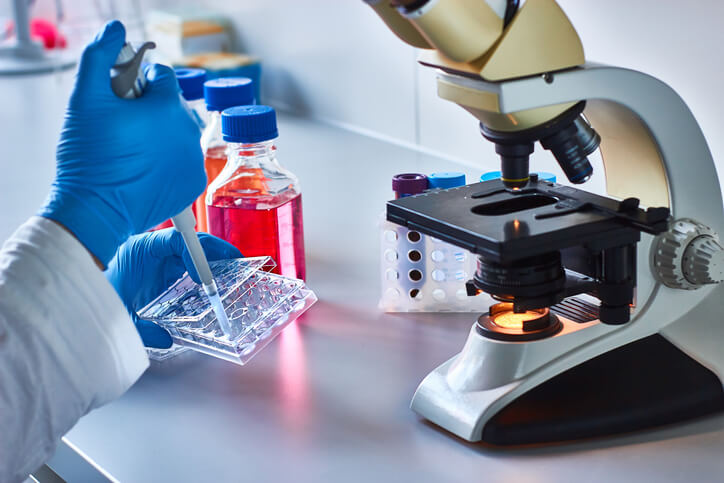Cancer Care
If You’re Overweight, This Can’t Wait

According to the Centers for Disease Control and Prevention (CDC), being overweight or obese is associated with a higher risk of 13 types of cancer. Those cancers accounted for nearly 40% of diagnoses in the U.S. in 2014. However, the link between obesity and cancer is complicated. For example, the relationship between obesity and cancer may include the fact that a person’s overall health can impact their body’s ability to cope with cancer.
Can Obesity Cause Cancer?
Can obesity cause cancer? It’s challenging for experts to answer that question. Most of the evidence linking obesity and cancer is from what are called observational studies. This type of data is hard to interpret, because there may be factors besides bodyweight that play a role in whether someone in the study develops cancer. So, doctors don’t say that “obesity causes cancer,” but rather that it’s associated with a higher risk of the disease.
What Types of Cancer Are Related to Obesity?
Some forms of cancer are associated with obesity. Among those mentioned by the National Cancer Institute are:
Breast Cancer
Obesity and breast cancer appears to be linked. Postmenopausal women who are obese have a 20-40% increase in the risk of developing the disease over women who are at a healthy body weight.
Colon Cancer
People who are obese are 30% more likely to develop colorectal cancer.
Gallbladder Cancer
The risk of this cancer is 60% greater in people who are obese.
Uterine Cancer
Women who are overweight or obese are 2-4 times more likely to develop endometrial cancer.
Prostate Cancer
The higher levels of insulin in obese people may promote the development of prostate cancer.
How Is Obesity a Risk Factor for Cancer?
How is obesity linked to cancer? Researchers believe there are a number of connections. For example, obese people tend to have chronic inflammation in their body, which can damage cell DNA over time and increase the risk of cancer. Also, fat tissue produces estrogen, and high levels of this hormone are associated with an increase in ovarian, breast, endometrial, and other forms of cancer. Fat cells may also affect hormones that stimulate or inhibit cell growth, and that can play a role in the development of cancer.
All of this means that health conditions like heart disease, digestive issues, and circulation problems, which can lead to inactivity and obesity, may have secondary effects in terms of cancer risk.
Learn More About Obesity & Cancer from Baptist Health
Take a Health Risk Assessment (HRA) questionnaire to estimate your personal health risk and identify your risk factors for cancer based on your diet.



